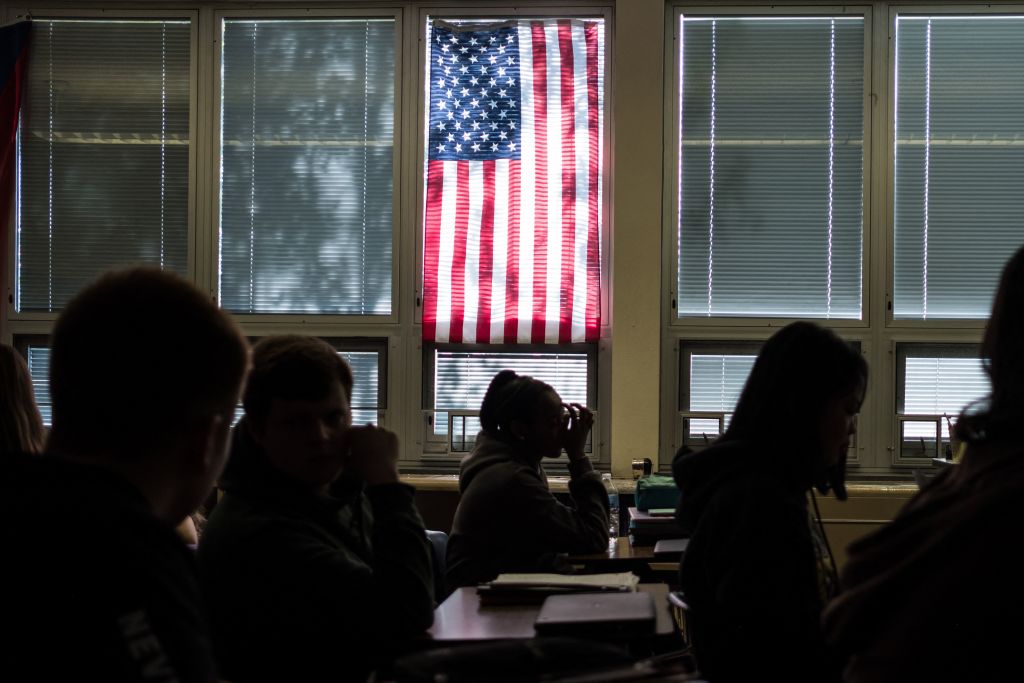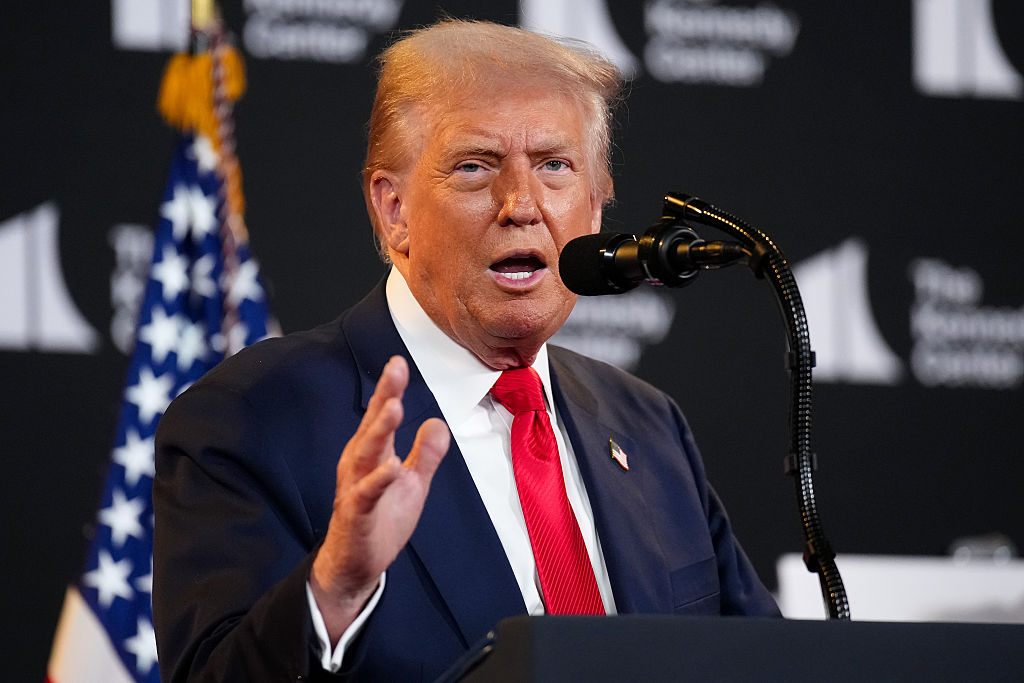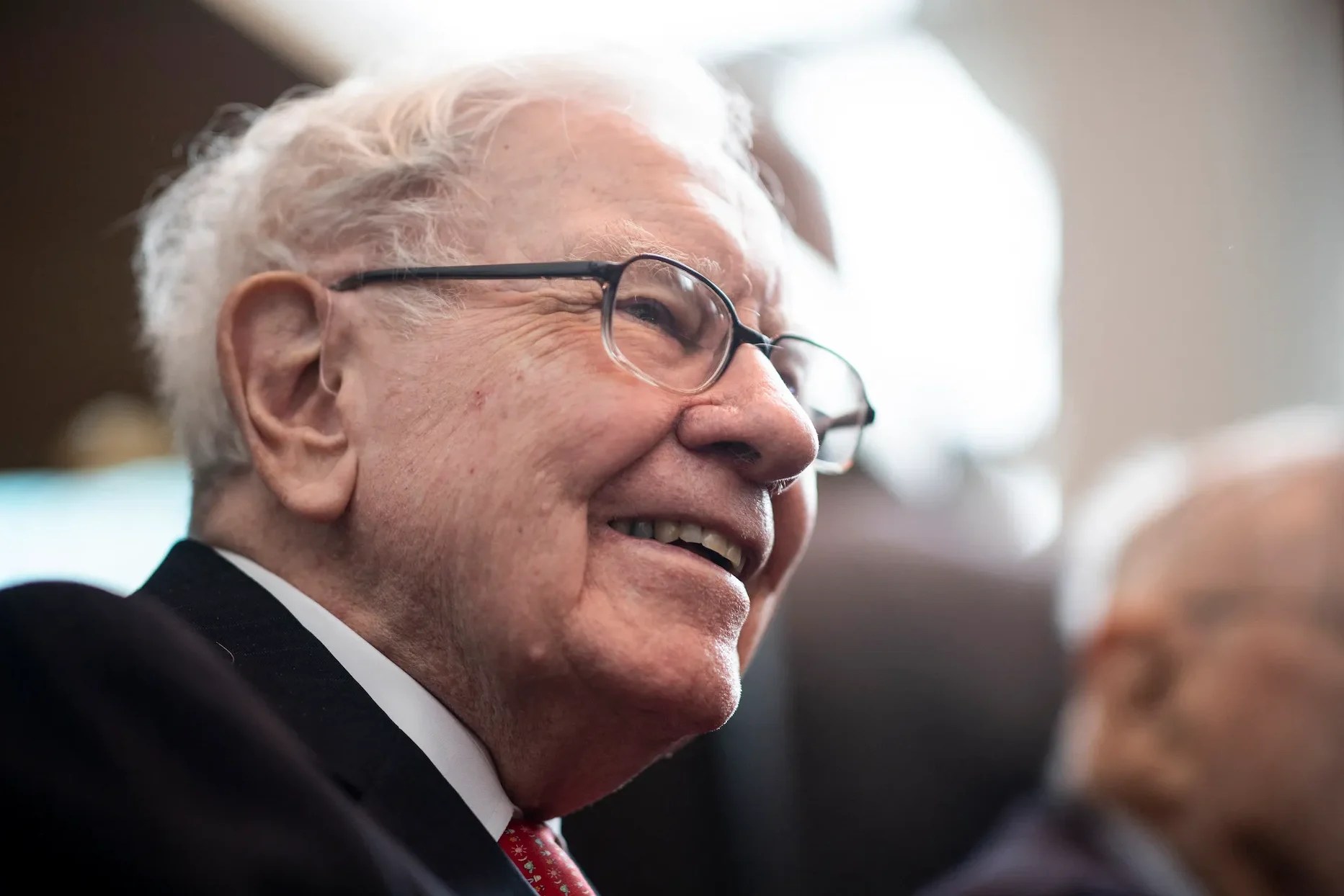If anything, stock markets have been slow to respond to the spreading coronavirus outbreak. Stories of Chinese supply interruptions, from JCB digger components to plastic toys, have been circulating since mid-February, while hedge funds have been hard at work short-selling cruise-operator shares: Royal Caribbean and Carnival are both down 30 percent. Now airlines have taken a pasting too, with easyJet and Ryanair among the big fallers in Monday’s sell-off of European stocks, following news of a cluster of virus cases in northern Italy.
Meanwhile, a turning point may or may not have been reached in the rate of reported cases in Wuhan, where the outbreak began. The World Health Organization says it has seen positive indications there, but this probably isn’t the moment to start believing propaganda from Beijing: shortly after the announcement that President Xi Jinping was belatedly taking charge of China’s response to the crisis, I read: ‘Ninety percent of Chinese cities simultaneously recorded a drop in the infection rate.’
Whatever the truth, the natural order of things suggests the medical emergency will fade in the spring and shares will recover. Back in the 1980s, it was commonly said that ‘When America sneezes, the world catches a cold’ — meaning that recessions over here inevitably followed downturns over there because US companies, banks and consumers had such enormous impact abroad. Now that China is suffering a major disruption for the first time since it emerged as a global trading titan, we really don’t know how severe the economic infection is going to be, though we do know it will be exacerbated by unpredictable local patterns of travel restriction, supply shortage and stockpiling.
Meanwhile also, canny stock-pickers scan the pharmaceutical sector for claims of a first coronavirus vaccine: Californian biotech company Gilead Sciences is one share on the rise, and I see mention of smaller US Nasdaq-listed names such as the drug developer Novavax, up 30 percent in February. Other pundits suggest buying temporarily afflicted consumer stocks such as Nike, casino operators such as Wynn Resorts, or more sensibly, the healthcare giant Johnson & Johnson. But armchair investors should, of course, do the equivalent of washing their hands and donning a face mask before placing bets in such an uncertain field.
Buffett’s bulletin
There are many reasons to salute 89-year-old US investor Warren Buffett besides the size of his accumulated fortune — $90 billion at last count — and his declared intention to give almost all of it to charity. I’ve always liked his remark that money ‘can’t change how many people love you’ and admired the mix of optimism, amiability and frankness in his annual letters to shareholders of Berkshire Hathaway, the holding company that has returned more than 20 percent compounded annual growth since 1965, double that of the S&P 500 index.
This year he was frank about his own life expectancy — ‘Charlie and I long ago entered the urgent zone,’ he said, referring to his 96-year-old business partner Charlie Munger — and about the difficulty of finding companies they would like to acquire, which must meet criteria that include being run by ‘able and honest managers’. Instead he and Charlie have simply ridden the ‘fickle stock market’, buying smaller stakes and clocking up $54 billion in unrealized gains for last year but underperforming recent indices because they shun the hot tech stocks that Buffett says he doesn’t understand. Making an exception for Apple, which he calls ‘probably the best business I know in the world’, he prefers banks, insurers, railroads and established consumer brands.
In interviews this week he also reminded investors not to panic-sell in reaction to ‘today’s headlines’, but ‘if it gives you a chance to buy something you like even cheaper, then it’s your good luck’. I look forward to next year’s Buffett bulletin, putting this year’s coronavirus market scare into longer-term perspective.
This article was originally published in The Spectator’s UK magazine. Subscribe to the US edition here.


























